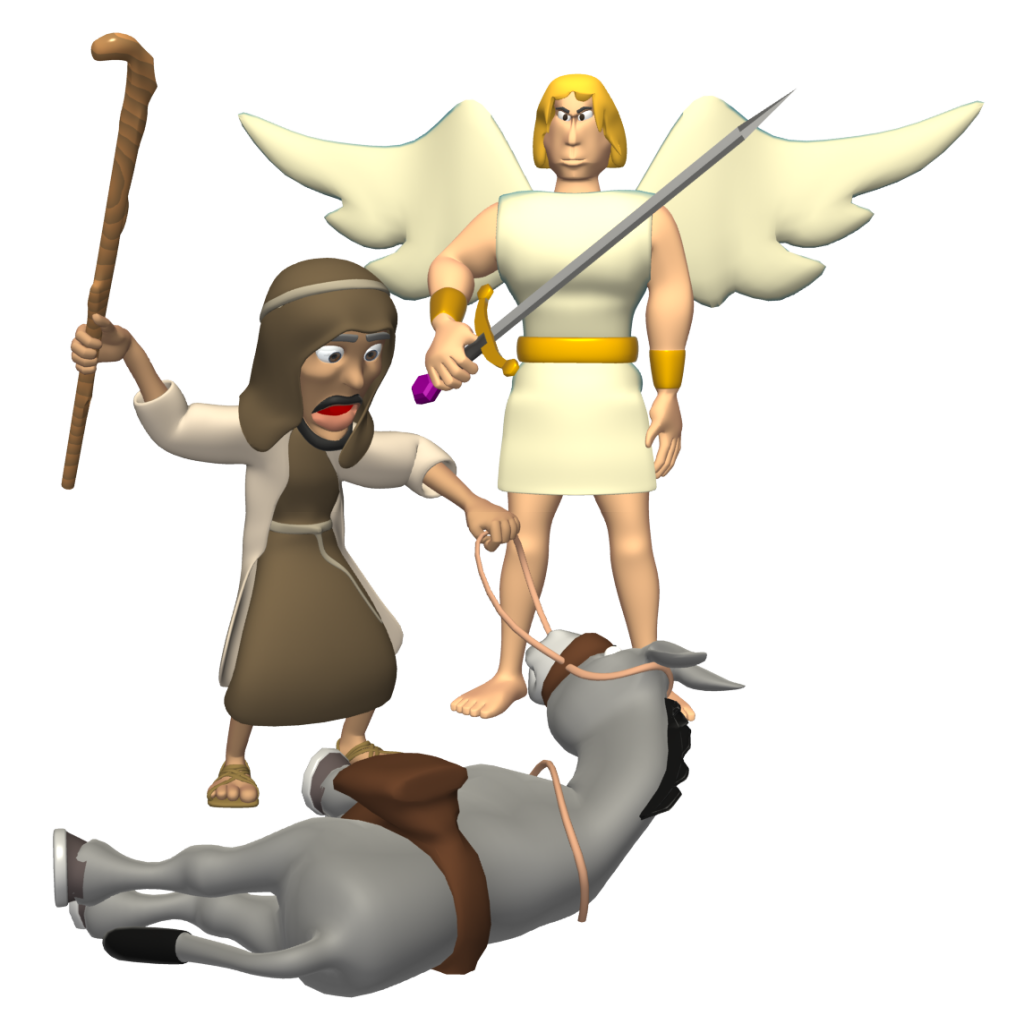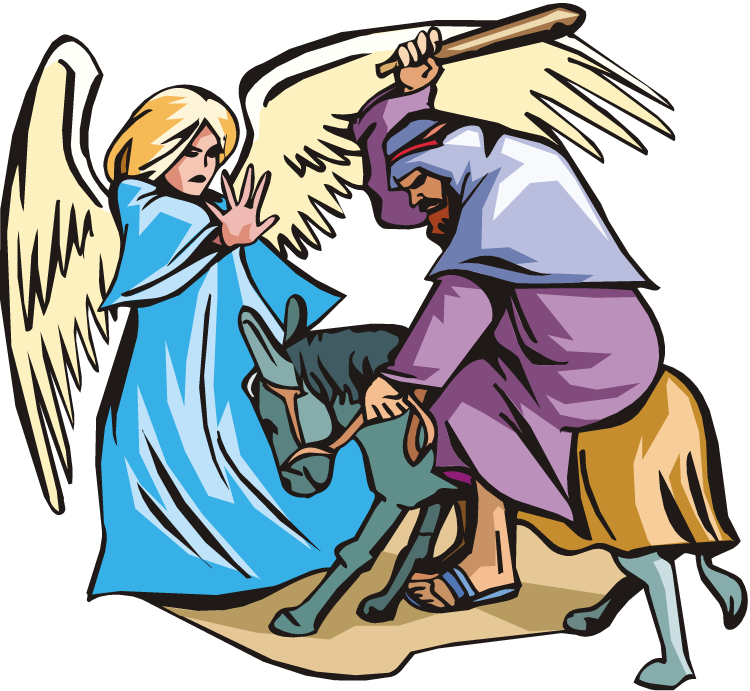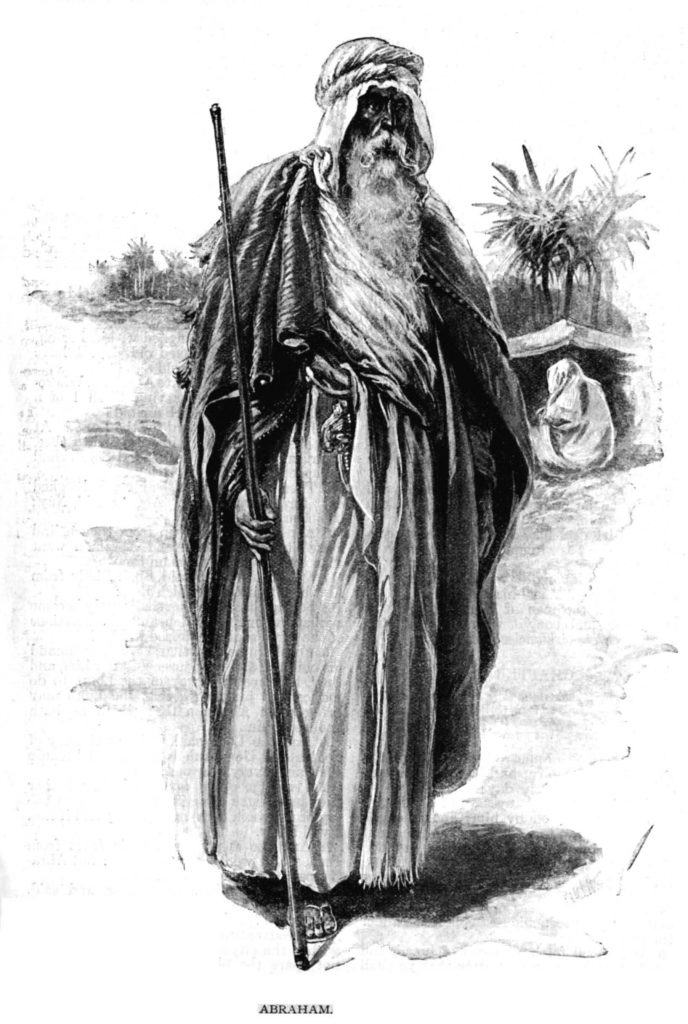
Numbers 21: The Process of Overcoming—From Sin to Victory and Salvation!
21:4–9, The bronze serpent on the pole is a prophetic picture of salvation at the cross of Yeshua from the sting of death brought on by sin (John 3:14–15; 1 Cor 15:55–57). This is a picture of the believer’s initial salvation.
21:10–22:1, Here is a recounting of the Israelites’ wilderness trek before entering the Promised Land. It was a time of testing, refining, building of faith, and learning obedience for the Israelites. This is a picture of the spiritual walk of the believer through the wilderness of this physical life.
21:14–35, While crossing the wilderness, the Israelites had to fight and overcome the enemy—that is, those who would keep them from fulfilling their YHVH-ordained destiny to possess the land and inheritance he had promised them. First comes the fighting and overcoming, followed by the victories. The life of the believer is one of spiritual struggle, as well, against the world, the flesh and the devil. (See Rom 7:14–25; 2 Cor 10:3–5; Eph 6:10–18.)
21:10, 14–18, Here we read how Israel was refreshed with water from the rock. Isaiah speaks about the wells of salvation (Isa 12:3). There is a springing up of joy and praise (verse 17) that comes as victory is experienced, and as YHVH makes rivers to flow out of seemingly dry and barren situations (verse 18). We, too, are called to come to the rivers of salvation, the river of life and to become ourselves a river of life to all those with whom we come into contact (John 7:37–39). Yeshua is the source of that living water; he is the spiritual Rock and source of water that never runs dry (John 4:10, 13–14; 1 Cor 10:4).
Numbers 21: The Process of Overcoming—From Sin to Victory and Salvation!
21:4–9, The bronze serpent on the pole is a prophetic picture of salvation at the cross of Yeshua from the sting of death brought on by sin (1 Cor 15:55–57). This is a picture of the believer’s initial salvation.
21:10–22:1, Here is a recounting of the Israelites’ wilderness trek before entering the Promised Land. It was a time of testing, refining, building of faith, and learning obedience for the Israelites. This is a picture of the spiritual walk of the believer through the wilderness of this physical life.
21:14–35, While crossing the wilderness, the Israelites had to fight and overcome the enemy—that is, those who would keep them from fulfilling their YHVH-ordained destiny to possess the land and inheritance he had promised them. First comes the fighting and overcoming, followed by the victories. The life of the believer is one of spiritual struggle, as well, against the world, the flesh and the devil. (See Rom 7:14–25; 2 Cor 10:3–5; Eph 6:10–18.)
21:10, 14–18, Here we read how Israel was refreshed with water from the rock. Isaiah speaks about the wells of salvation (Isa 12:3). There is a springing up of joy and praise (verse 17) that comes as victory is experienced, and as YHVH makes rivers to flow out of seemingly dry and barren situations (verse 18). We, too, are called to come to the rivers of salvation, the river of life and to become ourselves a river of life to all those with whom we come into contact (John 7:37–39). Yeshua is the source of that living water; he is the spiritual Rock and source of water that never runs dry (John 4:10, 13–14; 1 Cor 10:4).







